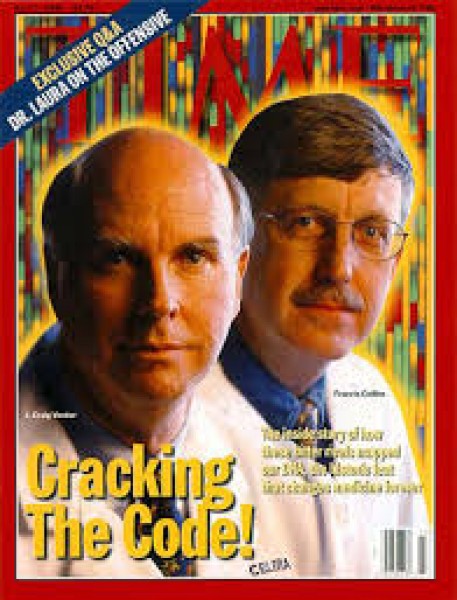How Much Has the Human Genome Project Boosted the Economy?

April 26, 2013
NOTE: please check out my commentary in The Scientist (http://www.the-scientist.com/?articles.view/articleNo/35680/title/Opinion--The-Payoff-of-Big-Science/) for additional discussion on this topic.
“Every dollar invested in the human genome returned $140 to our economy.” President Barack Obama, February 13, 2013.
I was surprised to hear this comment in Obama’s State of the Union Address and for that reason I decided to look at the original document on which this declaration was based. When I looked at reports of the president’s speech it appeared that no one had bothered to check on the veracity of the estimate. The figure was so large, almost $800 billion, that I found it hard to believe, even though I wanted to accept it.
The president’s information came from a 2011 report prepared by the Batelle Institute, a highly reputable and professional organization. However, many of the calculations appear questionable. Basically, it appears that they have added in activities that were ongoing before and after the genome sequencing project, and would have continued had the project not been undertaken.
For example, many diseases due to single gene mutations have been defined, and the genes cloned, in some cases long ago (Huntington’s chorea and cystic fibrosis, just two examples). While the availability of the genome sequencing information may have simplified the task, the technology for gene determination was ongoing, and would have continued with increasing facility had there been no human genome project.
On the other hand, many scientists have complained that the HGP has provided no elucidation of hereditary control of complex human characteristics, such as IQ determination, cardiovascular diseases and diabetes. Studies have unearthed many, many allelic variants that make only tiny contributions to these conditions and disorders, and frequently these studies cannot be replicated.
The critical question is not how much economic activity in biosciences took place since completion of the HGP, but rather how much would not have occurred in its absence.
In fact, during the 90s when the initial work was going on, there were complaints from many well known scientists that the HGP would siphon off resources from more valuable hypothesis-driven investigations, and that it was a sort of mindless fishing operation, rather than authentic scientific inquiry.
Today the HGP is a fait accompli and we should be grateful for its many positive achievements. On the other hand I feel that it is essential that we have an accurate accounting of what it did and did not accomplish, otherwise the government may squander meager resources on large scale projects (such as the brain mapping project that Obama is now promoting) that may produce much less value than the RO1 program that has been so successful over the years.
Comments
Submit a Comment
Please be sure to fill in all information. Comments are moderated. Please no link dropping, domains as names; do not spam and do not advertise.

 RSS Feed
RSS Feed
There are currently no comments